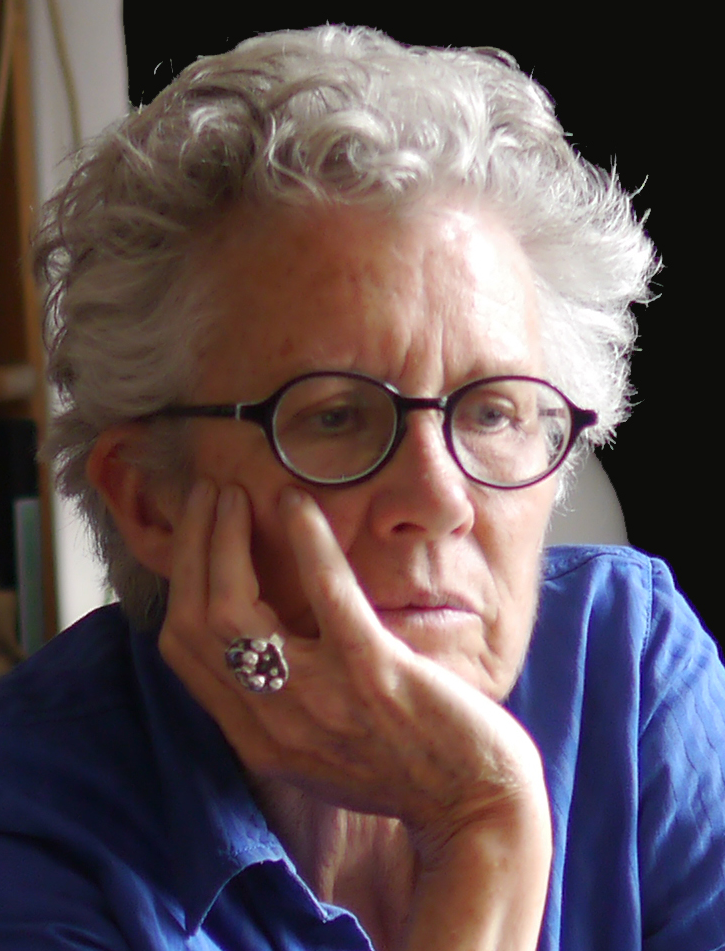erasmus' traces
(sporen van erasmus)
5 documentaries (5×40′), video, colour

episode 1: people are not born, they are made
the problems in education are worse than ever. for erasmus education was essential. it was for him more than the transfer of knowledge; it also had to match the student’s aptitude and interests. in this episode we are in search of the ideal teacher, just like erasmus was. in rotterdam, where he was born, the present dilemmas in education are brought to the surface.
with a.o. hans trapman, henk manschot
episode 2: i give in to no one
concedo nulli
the meaning of life and the relationship between man and god are central in this episode, which is set in italy, the cradle of humanism and the heart of the roman catholic church. where erasmus found a version of christianity in which splendour, superstition, greed and regulations were the determining factors. on the other hand he pleaded for a religion of the mind and of freedom. ‘what is forced cannot be honest, and only that which is voluntary, is agreeable to christ’. erasmus tried to formulate a ‘third way’ between dogma and reformation.
with louise fresco, silvana seidel
episode 3: war is sweet to those who have no experience of it
dulce bellum inexpertis
erasmus’ question if there is such a thing as a just war, is still relevant today. this episode is situated in england, where erasmus had personal experience of the consequences of war. he was irritated by the hypocrisy in the motives to wage war and fought it with his pen.
with a.o. mary kaldor, erika rummel, dominic baker-smith, michael heath, martin bell
episode 4: where it is good, there is my country
ubi bene, ibi patria
erasmus’ concept of a united europe was mainly spiritual and cultural, whereas the present european unity is largely based on economic principles. the accent in the episode is on brussels. erasmus is sometimes called the first european. he attached more importance to what is universally human than to patriotic sentiments.
with jean-claude margolin, andré godin, amin maalouf, mary robinson
episode 5: live as if you were to die tomorrow, work as if you were to live forever
sic vive, tanquam cras moriturus, sic stude, quasi semper victurus
the importance of erasmus for his era was particularly the result of the revolution by the advent of the printing press. he made use of this invention like no other contemporary, which made him the most read writer of his days. in our time, again, the new media have resulted in an information explosion. this last episode is set in basle, the city where his printer froben was situated and where erasmus died in 1536.
with a.o. michael krüger, mark pieters, etienne barilier, beat jenny, peter weidhaas, simon markish
a series of documentaries about the legacy of the 15th century humanist erasmus from a contemporary perspective.
idea & content support: maurits nibbering
script: lies janssen in co-operation with annette apon
production: lies janssen
photography: herman boogaerdt
sound: christine van roon
editing: dorith vinken, berenike rozgonyi
visuals & graphics: frederieke jochems, andras hamelberg
music: harry de wit
dubbing mix: erik langhout
producer: flip nagler for ngn produkties www.ngnprodukties.nl
co-producing broadcaster humanistische omroep
broadcasted: humanistische omroep, 2002
exhibited at museum gouda, 2016
Apon has pulled off a highly accessible series. It contains many ‘talking heads’, but they never tire. Apon has sophisticatedly interspersed them with imagery of war regions, teachers, pupils and citations from the writings by Erasmus. Those writings hardly lost significance. (NRC Handelsblad)
Annette Apon’s series demonstrates the enormous influence that Erasmus has on our thought still today and therewith his astonishing topicality. Such an approach is often risky: in order to ‘sell’ something historical, the filmmaker tends to force topical relevance upon it. The Erasmus series, in contrast, substantiates the connection in a brilliant way. It does not make the a-historical mistake to depict him as a twentieth century’s man: he is also portrayed as someone of his own times. By the way, Erasmus’ Traces is cinematically gorgeous. Script, graphics, music, cinematography, editing: taste, precision and care. (De Groene)
